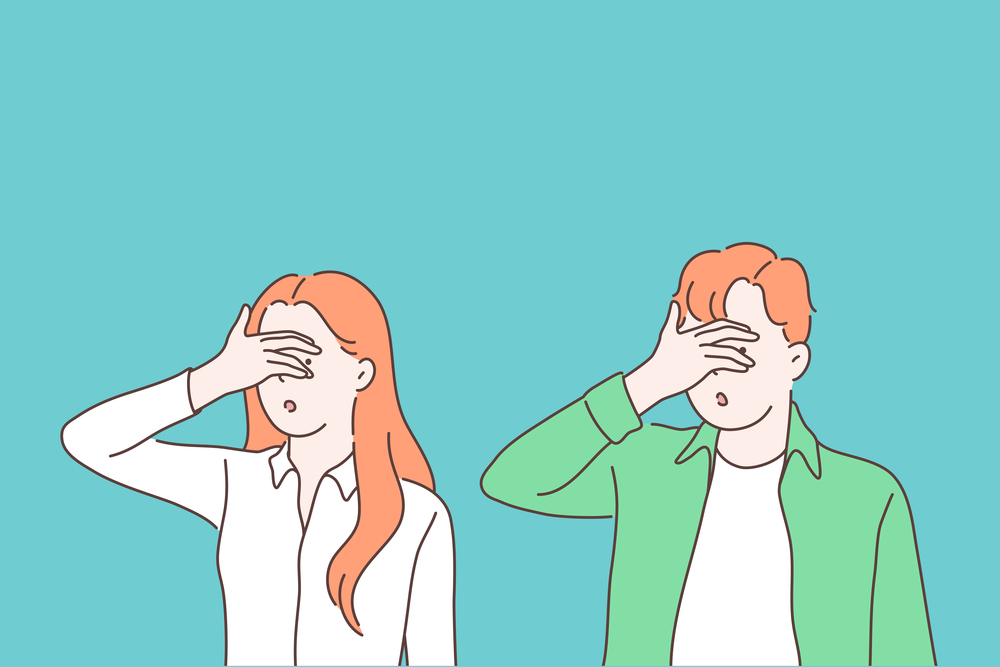“Let’s be trustworthy. Hillary Clinton goes to be the following president of the USA.” I uttered these fateful phrases on election day 2016 after which proceeded to lose just a few hundred {dollars} at Predictit.org, the place I had wager on a Clinton victory. The expertise made me respect Yogi Berra’s maxim that “it’s arduous to make predictions, particularly concerning the future” much more. That have mixed with what I’ve examine consultants’ awful information making concrete predictions was chastening, to say the least, and now my default reply to, “What do you suppose goes to occur?” and, “What ought to we do about [whatever]?” is, “I don’t know.”
It’s a great lesson to recollect as we mark the second anniversary of Russia invading Ukraine. I’d say enable extra immigration, however that’s a good concept regardless. Studying Richard Hanania’s Public Selection Idea and the Phantasm of Grand Technique: How Generals, Weapons Producers, and International Governments Form American International Coverage, satisfied me sanctions will likely be ineffective if not counterproductive. They stand an excellent probability of being worse than doing nothing, and the paradigmatic case for profitable sanctions–the top of Apartheid in South Africa–was not as a result of sanctions however as a result of different causes.
Was the Russian invasion unhealthy? Sure. Is Vladimir Putin a nasty man? Sure. Do these two information alone imply we are able to make issues higher? No.
The world is crammed with issues we have no idea how you can remedy, and it’s unwise to attempt to sustain with all of them and silly to attempt to remedy all of them. I mainly stopped maintaining with present occasions after studying Rolf Dobelli’s essay “Keep away from Information: In the direction of a Wholesome Information Food regimen.” Dobelli argues that information is to the thoughts as sweet is to the physique, and he explains that information takes our defective methods of fascinated by dangers and makes them worse. As he places it, for instance, “Terrorism is overrated. Power stress is underrated.” Most of what you see on the night information or learn in your favourite information web site is irrelevant to your day by day affairs, and lots of the assured pronouncements individuals are making about this or that will likely be incorrect or appropriate solely fortuitously. Checking the information is like going to the pantry for a bag of chips. It’s OK to do once in a while, however simply as continual snacking on junk meals ruins our our bodies, continual snacking on junk data ruins our minds.
I’m additionally impressed by Michael Huemer’s article “In Reward of Passivity” and Chris Freiman’s argument for why it’s OK to disregard politics. I don’t suppose we’re on the stage in our information of the social and ethical sciences the place we are able to confidently predict the precise, long-run penalties of many actions and interventions. We are able to make predictions primarily based on fashions, which may be informative, however there’s sufficient randomness within the system that, as soon as once more, even the most effective forecasters aren’t superb at it. For somebody who doesn’t specialise in a selected space, a citizen’s or observer’s Hippocratic Oath: at first, don’t make issues worse. As Hanania argues, many American army adventures overseas wind up with advert hoc justifications primarily based on jingoism and short-run political expediency. Huemer is correct: it’s OK to face by and watch. Huemerian passivity, in fact, isn’t the identical as apathy. We should always care about what occurs on the planet, however to not the purpose of distraction or neglect of our different duties.
In any occasion, politics is tough and the world is an unimaginably complicated place. To the objection that it’s not OK to disregard politics and that we’ve an obligation to learn residents, Freiman responds by stating the overwhelming mental burden one must bear to be able to actually perceive issues and account for the implications of various insurance policies and proposals. It’s arduous sufficient for me to maintain up with the scholarly literature in my very slim discipline of specialization inside economics, and even then, there’s a lot I don’t know and find yourself lacking. Christopher Freiman thinks it’s OK to disregard political debates even about very delicate points due to the sheer complexity of what’s concerned and since it’s under no circumstances sure that we’ll make issues higher total. I are likely to agree.
So what are we to do? I’m studying to hope with Reinhold Niebuhr for the braveness to alter the issues I can, the serenity to just accept the issues I can’t, and the knowledge to know the distinction. What’s occurring in Ukraine proper now’s getting numerous consideration, however it’s virtually definitely one thing I can’t change.
Artwork Carden is Professor of Economics & Medical Properties Belief Fellow at Samford College, and he’s by his personal admission as Koched up as they arrive: he has an award named for Charles G. Koch in his workplace, he does numerous work for and is affiliated with an array of Koch-related organizations, and he has utilized for and obtained cash from the Charles Koch Basis to host on-campus occasions.
